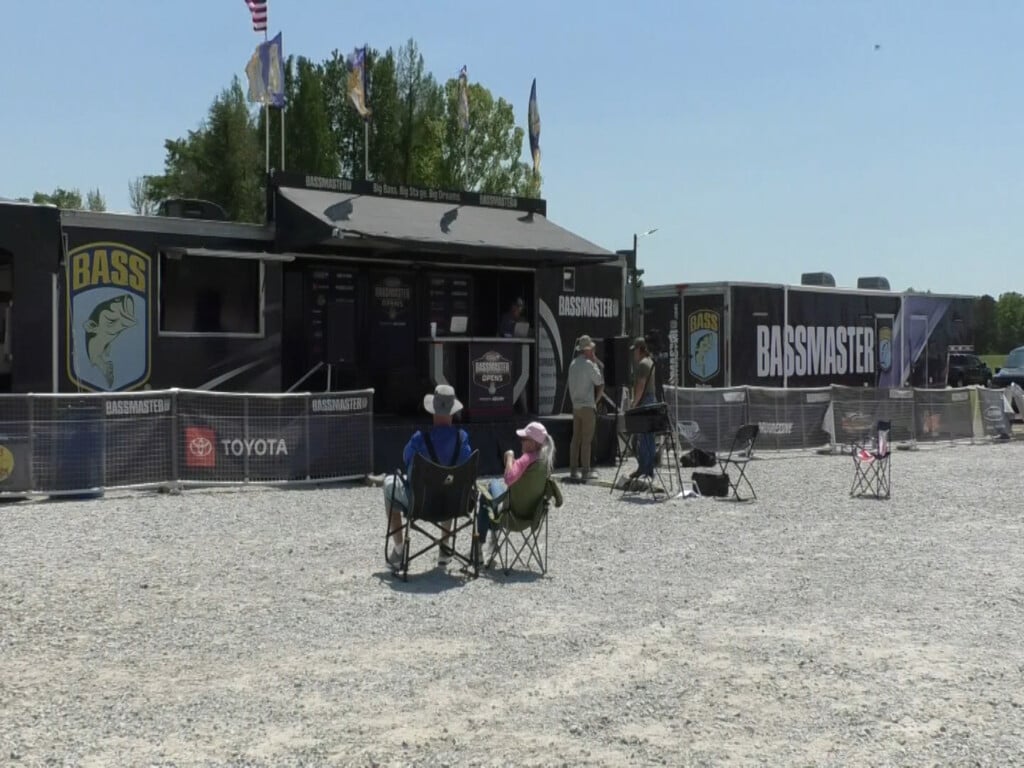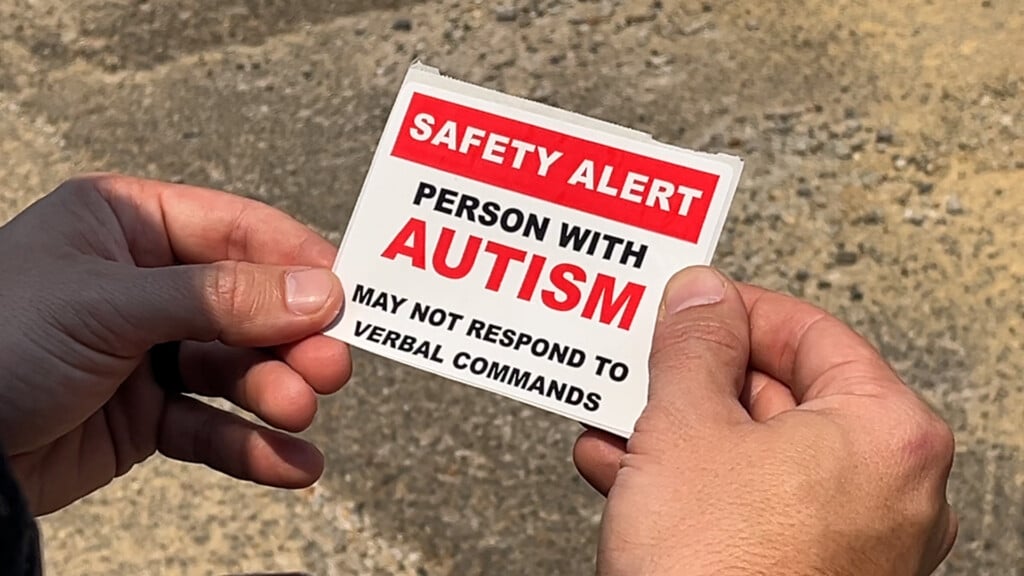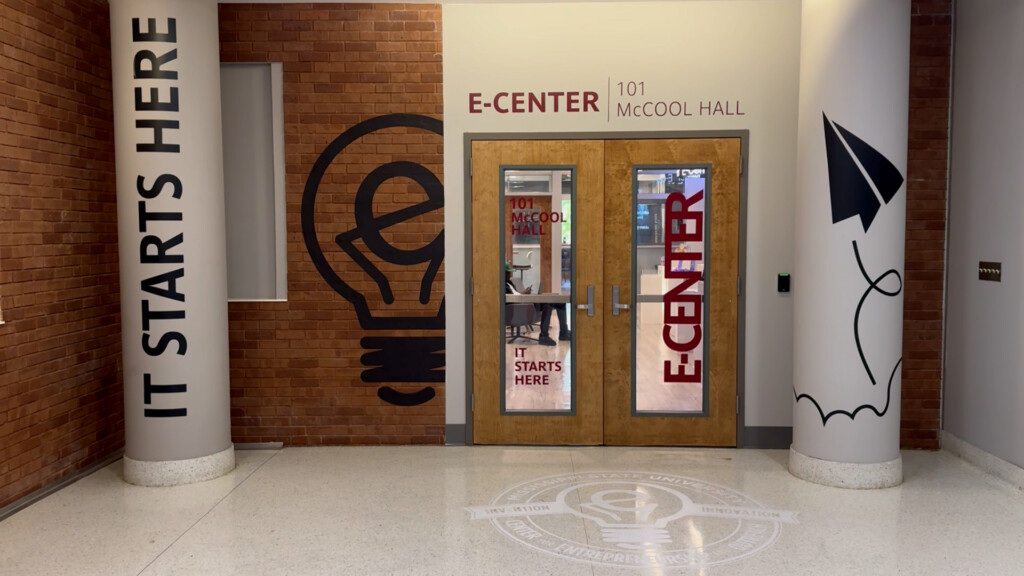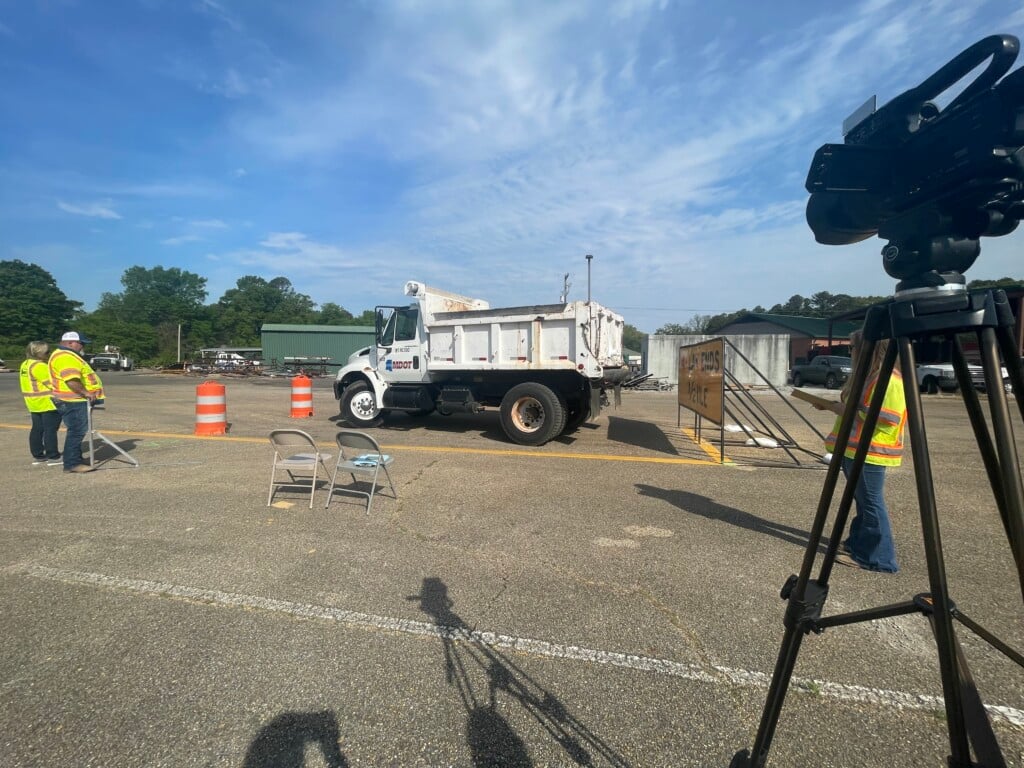As kindergarten readiness drops, Mississippi University for Women says early childhood learning is the answer
COLUMBUS, Miss. (WCBI) – According to the scores for the 2021 Kindergarten Readiness Assessment, only 31.8 percent of children in Mississippi are kindergarten-ready, down from nearly 37 percent in 2019.
Educators point to the pandemic as the reason why.
However, the Pre-K students at the Mississippi University for Women’s Child and Parent Development Center scored extremely high.
“Children need engagement and interactions in early childhood to be ready for kindergarten,” says CPDC Director Penny Mansell. “Kindergarten readiness is more about social and emotional learning than the actual academic learning.”
And that’s what early childhood education centers like the W’s CPDC teach.
“They have to learn to work with their friends, they have to learn to sit for circle time,” Mansell says. “They have to be able to sit and listen to a story and recall details.”
Early childhood learning is all about social interaction and learning through play.
But with the pandemic taking away the opportunity for many children to have that social interaction, Mansell says she was not surprised to see that the number of children who tested kindergarten-ready dropped.
“We’ve missed out on birthday parties, we’ve missed out on childcare, we’ve missed out on going to church,” she says. “So all the social interactions that help with learning language, learning how to manage our social-emotional behaviors between friends, all these things are what actually get us ready for kindergarten.”
Mansell says there is a state-wide push to put greater emphasis on early childhood education. Lesson plans are meant to foster learning, using blocks to learn engineering concepts, counting objects for math and matching games to sound out letters.
“One of the things we’ve learned about early childhood education is that kids learn best through play,” Mansell says. “If they’re not playing, they’re not really learning.”
Lead Pre-K3 teacher Blake Davis says one thing she focuses on is teaching children how their actions affect those around them.
“I try to encourage my kids to be empathetic, to think about how they treat others, how they might feel if someone does them wrong,” she says.
Mansell says Mississippi has plenty of work to do to help make sure children don’t fall further behind but believes early education is the best way forward.
“If they’re not hitting the mark by about third grade, they’re going to have a really hard time catching up and making that up,” she says. “So we’ve really got to work hard now on growing those numbers and growing our children. Not necessarily growing the scores but giving our children what they need.”




